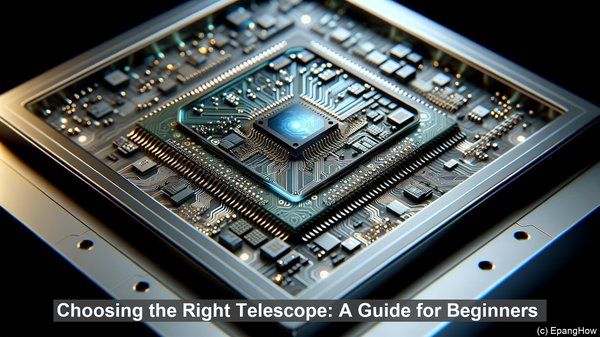Introduction: The Enchanting World Above
Gazing at the night sky has always captivated humanity. But for amateur astronomers, it’s more than just a sight. It’s a passion, a quest for knowledge. And now, with the aid of technology, we have ChatGPT, an AI-powered guide that can enhance our astronomical adventures.
Understanding the Night Sky: Stars, Constellations, and Beyond
The night sky is a vast canvas, adorned with countless stars. But it’s not just a random scattering. Stars form patterns called constellations. Some, like Orion, are easily recognizable. Others, like Ursa Major, require a keen eye. Knowing these constellations helps us navigate the sky and locate celestial objects.

Beyond the Stars: Exploring Planets, Nebulae, and Galaxies
While stars are mesmerizing, there’s more to discover. Planets, with their distinct features, offer a glimpse into other worlds. Nebulae, like the famous Orion Nebula, are vast clouds of gas and dust, often birthing new stars. And galaxies, like our Milky Way, are cosmic cities, each with billions of stars.
Choosing the Right Telescope: A Guide for Beginners
A telescope is an amateur astronomer’s most valuable tool. But with various types available, choosing one can be daunting. Refractor telescopes are great for planetary observations, while reflectors excel at deep-sky objects. Consider factors like aperture, focal length, and mount stability when making your choice.
Mastering Telescope Techniques: Observing and Imaging
Owning a telescope is just the beginning. To truly appreciate the night sky, we need to know how to use it effectively. Start with simple observations, gradually moving to more complex targets. Techniques like star-hopping can help navigate. And with smartphone adapters, astrophotography is within reach.

Stargazing Etiquette: Preserving the Dark Skies
As amateur astronomers, we cherish the pristine beauty of the night sky. To protect it, we must follow certain guidelines. Minimize light pollution by using appropriate lighting. Respect public and private property when choosing observation sites. And always leave the area as clean as you found it.
